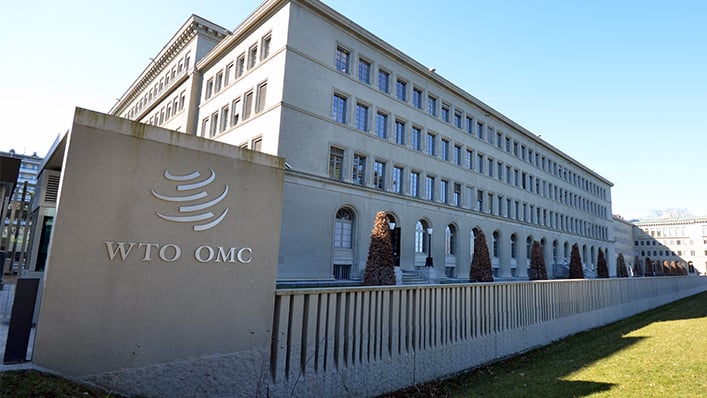The Centre for the Promotion of Private Enterprise (CPPE) says Nigeria’s sustained decline in inflation is being driven by foreign exchange (FX) stability and improved food supply, but warns that structural bottlenecks and fiscal pressures still threaten price stability.
Nigeria’s headline inflation eased to 20.12 percent in August from 21.88 percent in July — the fifth consecutive monthly decline.
Month-on-month inflation also moderated to 0.74 percent from 1.99 percent in July, one of the lowest sequential increases in over a year.
Reacting to the data, Muda Yusuf, chief executive of CPPE, said the deceleration reflects a combination of policy interventions and improved supply conditions, but cautioned that the federal government must not relax on reforms.
Advertisement
Yusuf noted that food inflation, which accounts for the largest share of household spending, fell to 21.87 percent in August from 22.74 percent in July, while core inflation also eased to 20.33 percent from 21.33 percent, signalling broad-based moderation in price pressures.
“The stabilisation in the foreign exchange market and better agricultural output at the sub-national level have helped douse imported inflation and food price spikes. These gains must be protected,” he said.
‘BUSINESS CONFIDENCE IMPROVING, CONSUMERS STILL UNDER STRAIN’
Advertisement
According to CPPE, the consistent slowdown has helped lift investor sentiment, as shown by six consecutive months of positive readings from the NESG–Stanbic IBTC Business Confidence Monitor.
However, Yusuf said consumer confidence remains weak due to high food costs and low purchasing power.
“Households are still struggling, but the pace of decline in pessimism is encouraging. What is critical now is to build on this momentum with coordinated fiscal and monetary actions,” he added.
To sustain the disinflationary trend, the economic expert urged the government to consolidate foreign exchange reforms to ensure stability and transparency.
Advertisement
“Moderate money supply growth through tighter monetary-fiscal coordination. Align fiscal, tax, and trade policies to reduce production and operating costs across sectors,” Yusuf said.
“Enhance food security. Sustain the implementation of targeted interventions such as input subsidies, storage facilities, and mechanisation programs to lower food production costs and ease pressure on household budgets.”
Yusuf said if the measures are sustained, Nigeria could witness a further decline in inflation, a gradual rebound in consumer confidence, and stronger foundations for inclusive and sustainable economic growth.
Advertisement









